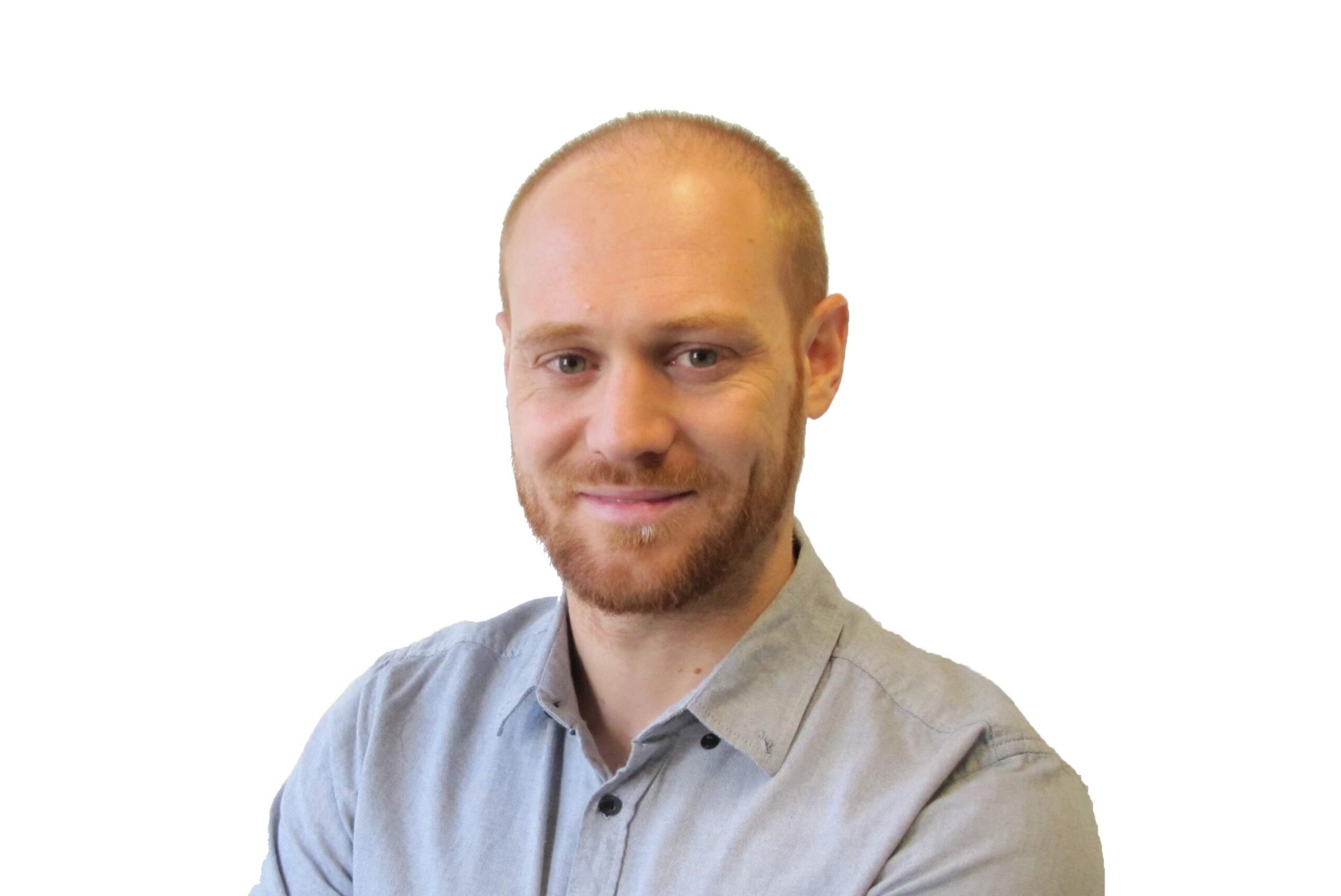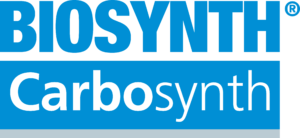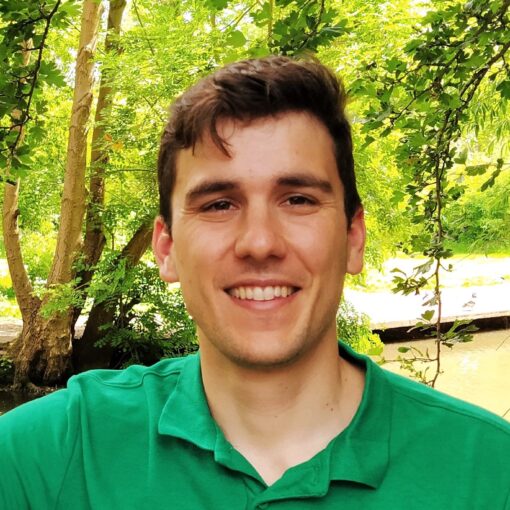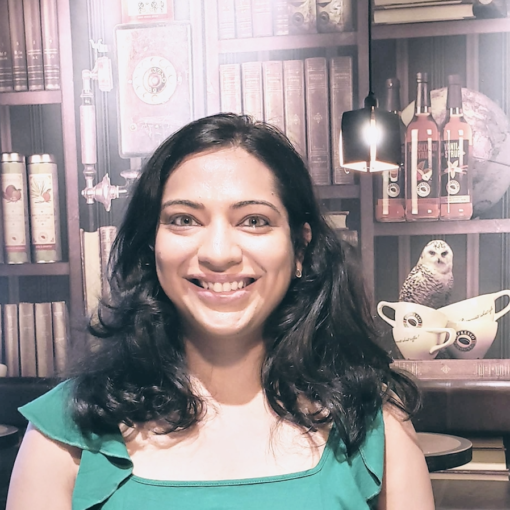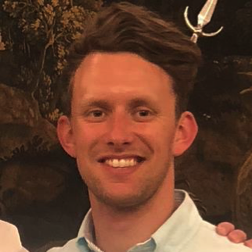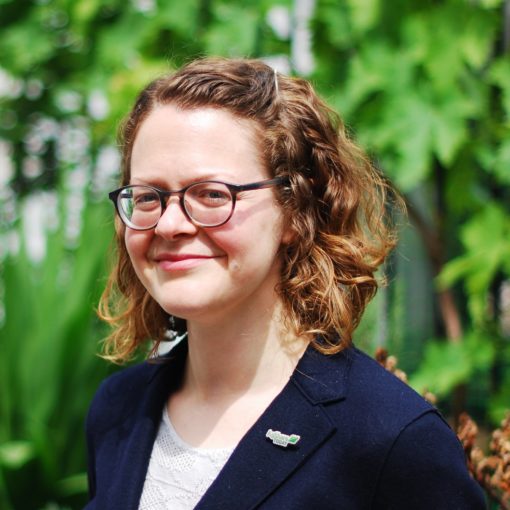PhD in Chemistry and Biochemistry at Ruhr-University, Bochum (2019)
| Marketing Officer | |
|---|---|
| Biosynth Carbosynth | |
Year entered into a non-academic position: 2021
Job highlight: Getting to combine science, marketing & sales in a very dynamic company, and being part of many projects to connect with different departments. And the best bit is being surrounded by a group of talented and friendly people who support and encourage you.
Left academia after: Eleven months of post-doctoral work
My research training set me up to…: Doing a Ph.D. gives you the opportunity to gain a certain set of skills and abilities, both professional & personal that help you to grow into a highly-qualified professional, ready to move on, whether you decide to stay in academia or in industry. The research I undertook during the different steps in my career has helped me acquire knowledge in many aspects of chemistry and biochemistry. In addition, I have always taken additional courses, related and non-related to science, in order to keep learning and complete my profile. Doing a Ph.D. indeed set me up to enjoy and appreciate learning new things.
“I consider myself a permanent student and I am always curious”.
What’s your background?
I studied Chemistry at the University of Alicante and at the same time I was doing an internship in the Toxicology Institute of the Hospital of San Juan. I started teaching immediately after I finished my course. At the same time, I was partially working as a coach delivering courses related to Food Quality and Traceability. I then got a fellowship to move to Germany where I gained some experience in polymer chemistry and material science and extended my contract to stay longer. After that, I studied my Masters in Quality and Environmental Administration, doing not only a theoretical case study about ISO Quality but also a practical project at the Fraunhofer Institute, researching gas hydrates and their use for energy purposes. The next step was doing my Ph.D. at the Heterogeneous Catalysis Department, Max Planck Institute for Coal Research (MPI KoFo). My project involved the study of complex metal hydrides as potential reducing agents to produce new and existing chemical compounds in a greener way. Lastly, I carried out postdoctoral research in the group of Prof. Kylie Vincent at the University of Oxford, on a biochemistry project contributing to the HydRegen group, which is a recent spin-out company of the University. (I am happy to have contributed to this achievement)
As you can see, my background is quite diverse, embracing many different fields of chemistry: material science, agrochemistry, analytical chemistry, organic and inorganic chemistry, and biochemistry. I’ve always been open to learning new things in many different fields.
Why did you move away from academia?
Before enrolling for Ph.D., I worked in industry; during my final master’s project at Fraunhofer (which is kind of an industrial institution), I realised that I liked it a lot. But I wanted to do a Ph.D. and a Postdoc too. Then I confirmed that, even though I love doing research, I wanted to move to industry. The pace in industry is often faster, more dynamic; you are involved in many projects and with different departments at the same time, so it perfectly fits with my personality. I have been at my current job for 11 months now and I am really happy.
Is there anything you miss about academia?
Academia has really good things. The environment is different than in industry; you are close to all the equipment, doing the research you really want and not what is demanded (as in industry). It also gives you more flexibility in terms of working time, since you set your own experiments. But what is most interesting is the opportunity to join international conferences. This really gives you the chance to meet not only important professors and scientists around the world but also the content is completely different from industrial events. In academic events, you can share and exchange ideas, initiate new collaborations, while in industrial events the main goal is to get customers/ clients.
In addition, one thing we should never forget is that many chemical companies exist because their business is based on the research carried out at universities and research institutions and because they sell their chemicals to them. I personally wish that universities and private companies could collaborate more often.
How did you get this job? Did you face any challenges when considering a move away from academia or applying for the role?
I knew I wanted to move away from academia, and do something different, moving away from the lab. I like marketing and social media, so this was my target while looking for a job. I recommend shortlisting companies offering the type of roles you are looking for; that’s how I found the job vacancy at Biosynth Carbosynth.
I honestly think there are no challenges when you start looking for a job away from academia. If you have a clear or approximate idea of what you want to do, I highly recommend that you apply only to those positions you think you will like, not just because you need a job.
What motivated you to/why did you choose the sector you transitioned into?
I consider myself a very social and active person; I like being involved in many things at the same time. In the end, I think the job you apply for should be something that copes with your personality. In marketing, you must be in contact with many other departments and people. It is very dynamic, and that’s the main reason I applied to Biosynth Carbosynth.
Did you think you had the skills required for your current position before you started? Were you right?
Many of the skills, yes. Working in a chemical company, you should have a background in chemistry or biochemistry. But this is not enough, it is also important to gain other skills. In terms of profile, I believe I have a very attractive one, but obviously, there are things that you have to learn. The perfect match person-vacancy barely exists.
How did your Ph.D. prepare you for your current job? For example, what were the transferable skills that you developed during your Ph.D. that are most relevant to your current job?
Carrying out a Ph.D. is not an easy task. It is not only just doing a research project, as many people think. There is a lot of “paperwork”, you have to be updated about the status of your field, read a lot, do risk assessments, etc.
Once the “easy” part is done, you have to write a thesis and you improve on how to sell your story, summarize and deliver the results, and prepare presentations. During thesis writing you become more responsible and, skills based on project management, negotiating with stakeholders (when you order chemicals or deal with equipment issues), and data analysis, among others, are part of the learning process.
Did you have any preconceptions about your sector that proved to be wrong?
Actually no. There is nothing I thought or realized that was not what I expected, especially since I completely moved out of the lab to work in marketing.
Can you describe a typical week in your job?
I am involved in different projects at the same time. I plan my week assigning each day to what project I want to work on, otherwise, you get nothing done.
Twice per week, we have meetings to give updates on what everyone is up to. The marketing team is composed of 4 people, and all of us are working on different projects, connected to different departments, so it is really important to keep all of us informed about the status of the projects. Sometimes I have to stay longer if I need to talk to colleagues from other offices (e.g. San Diego) because of the time difference.
Quite often, I also have spontaneous meetings since some issues can appear and need to be solved. Every day is different, every week is different, and that’s what I really enjoy about my job.
What is the workplace culture like? Please include comments on work-life balance, flexibility, remote working?
Biosynth Carbosynth has a nice work-life policy. They allow us the flexibility to combine work and private life.
I joined them in the middle of the pandemic, so with COVID-19 regulations in place, I started working remotely from home. This still remains in place and it is something that most likely will remain to keep the work-life policy and flexibility, but, of course, everyone is more than welcome to go to the office. In my personal case, I combine working from home and going to the site. It is always nice to meet colleagues, have in-person discussions, and if you working on a common project, it is better to have direct contact to work on it.
Do people with a PhD frequently get hired in the company/sector?
Definitively. It is not a must, but it certainly provides you with a set of skills, abilities, and knowledge, that helps you to get to the correct position.
What are your favourite parts of your job?
It is difficult to highlight something in particular. I enjoy what I am doing. Everything I am doing is kind of new in the sense that a year ago I was mostly with a lab coat, doing experiments, analysing data, etc. and now I am on the business side, on marketing, sales. It is completely different from what I was doing before, and undoubtedly that’s what motivates me.
What are your reflections on your career path?
I enjoyed my time in academia, and it clearly helped me to gain enough knowledge about different scientific fields. I am really happy at my current role, and in my opinion, scientific knowledge is essential for working in marketing for a chemical company, So I cannot deny that academia has helped me.
Do you have any advice for current graduate students and postdocs considering a career outside of academia?
I am no one to tell them what they should do. I did like academia, but I have worked with colleagues who really loved academia. I did not have this feeling and that’s the reason I transitioned to industry.
“My unique advice is to do courses and trainings that can complement your profile.”
Every single thing you do counts and helps to build a high valued profile for industrial partners (don’t think that just a Ph.D. is enough!). Of course, do network, and do not be afraid to get in touch, even if there are no jobs announced. In the end, it is just a matter of being at the right place at the right moment.
What do you know now that you wish you’d known when exploring a transition?
I know a lot of things that I did not know before. But I honestly think that it is something you can learn in a course. Industry trends change so fast and the only way to learn is being surrounded by a group of people who can mentor you.
Can you recommend any relevant resources, organisations or events that might help somebody new to the sector find out more about it?
The RSC (Royal Society of Chemistry) careers section offers really good webinars, free of cost. There are career fairs in Oxford, that are also free, so you can check the companies attending. In addition, taking courses and trainings is also good to improve your non-scientific profile (the University of Oxford has an agreement with LinkedIn learning for example, but there are many others like the MOOC websites).
I highly encourage that, if there is a company you like and you want to apply, do network and contact them, do research, and never be afraid of talking and catching up, even with friends. You never know where the opportunity is.
Biosynth Carbosynth® is a fully hybrid Research Products and CDMO Services company. We offer an impressive collection of chemicals and no chemistry is too hard for us – if we don’t have a compound, we’ll make it! We are big enough to think and act globally, yet small enough to be flexible and innovative.
Our team of Synthetic and Analytical Chemists work on a range of novel products and projects, and produce and analyse custom molecules for our clients all over the world. We manufacture, source and supply thousands of chemical and biochemical products to a wide range of businesses including pharmaceutical, life science and diagnostic sectors, research institutions and universities. We specialize in carbohydrates, nucleosides, enzyme substrates, natural products and biochemicals. Please feel free to check out our entire product portfolio here: www.biosynth-carbosynth.com.
All our departments are composed of a multidisciplinary, diverse and talented group of people ensuring a very productive and friendly work atmosphere and everybody in the team contributes to the success of the department, our customers and the company.
The UK R&D Hub is located in Compton (Berkshire) only a few minutes from the A34 and hence within easy commuting distance to Oxford and Newbury. Our complex of chemical and QC laboratories, warehousing, office and communal spaces are beautifully located on the edge of open countryside.
We are a global company entering an exciting period of growth and there are always new opportunities that can be found at https://www.carbosynth.com/carbosynth/careers.nsf/careers. If we do not currently offer a vacancy that suits your resume, you can always submit your CV for consideration.

